Serbian Prime Minister Milos Vucevic announced on January 28 that he would resign, in connection with the wave of widespread protests in the country.
Speaking at a press conference on January 28, Mr. Vucevic announced his resignation to call on protesters to calm down and sit down for dialogue. Mr. Vucevic's resignation will need to be approved by the Serbian parliament. Parliament has 30 days to decide whether to choose a new government or hold early elections, AP reported.
Anti-government protests in Serbia have been spreading since a roof collapse in the northern Serbian city of Novi Sad in November 2024, killing 15 people. The protests were initially organized by students in Serbia and have lasted for weeks. Protesters blamed the collapse on corruption in Serbia. Novi Sad Mayor Milan Djuric also announced his resignation on January 28.
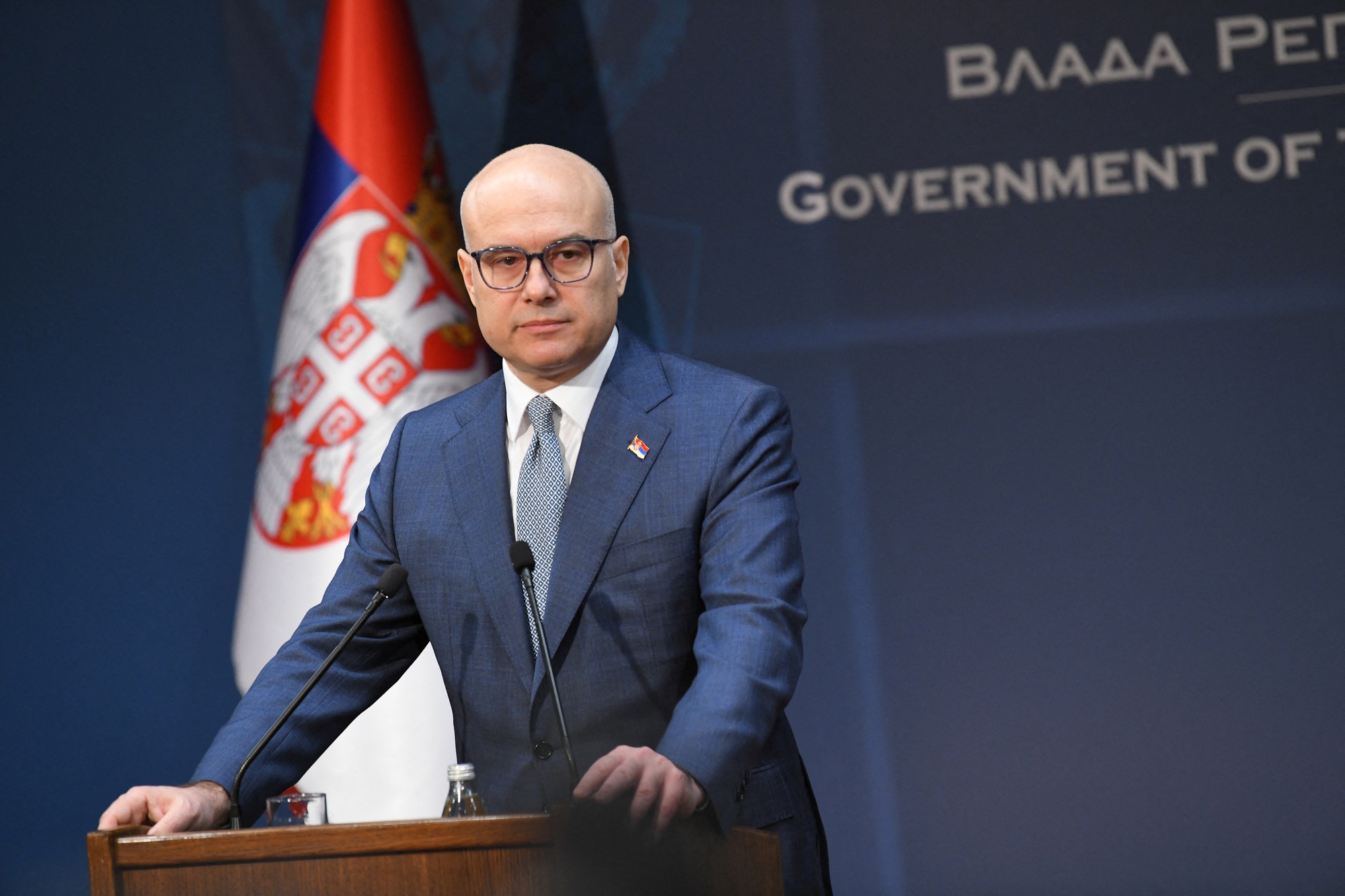
Serbian Prime Minister Milos Vucevic announced his resignation at a press conference on January 28.
On January 27, tens of thousands of people took to the streets and blocked many important traffic routes in the Serbian capital Belgrade. Mr. Vucevic and Serbian President Aleksandar Vucic have repeatedly called on protesters to sit down and talk, but have so far been rejected.
Mr. Vucevic became Serbia's prime minister in April 2024, after the Serbian Radical Party won the election. In response to the resignation of the Serbian government leader, Serbian opposition parties want the parliament to elect an interim government, in order to "create conditions for free and fair general elections."
Prime Minister Vucevic said the immediate reason for his resignation was the attack on a female student in Novi Sad on January 28. The attackers were believed to be linked to the Serbian Radical Party. Mr. Vucevic also said the protests were organized from abroad, with the aim of harming Serbia.
Source: https://thanhnien.vn/thu-tuong-serbia-tuyen-bo-tu-chuc-185250128194612687.htm


![[Photo] National Assembly Chairman Tran Thanh Man meets with General Secretary and President of China Xi Jinping](https://vstatic.vietnam.vn/vietnam/resource/IMAGE/2025/4/14/4e8fab54da744230b54598eff0070485)
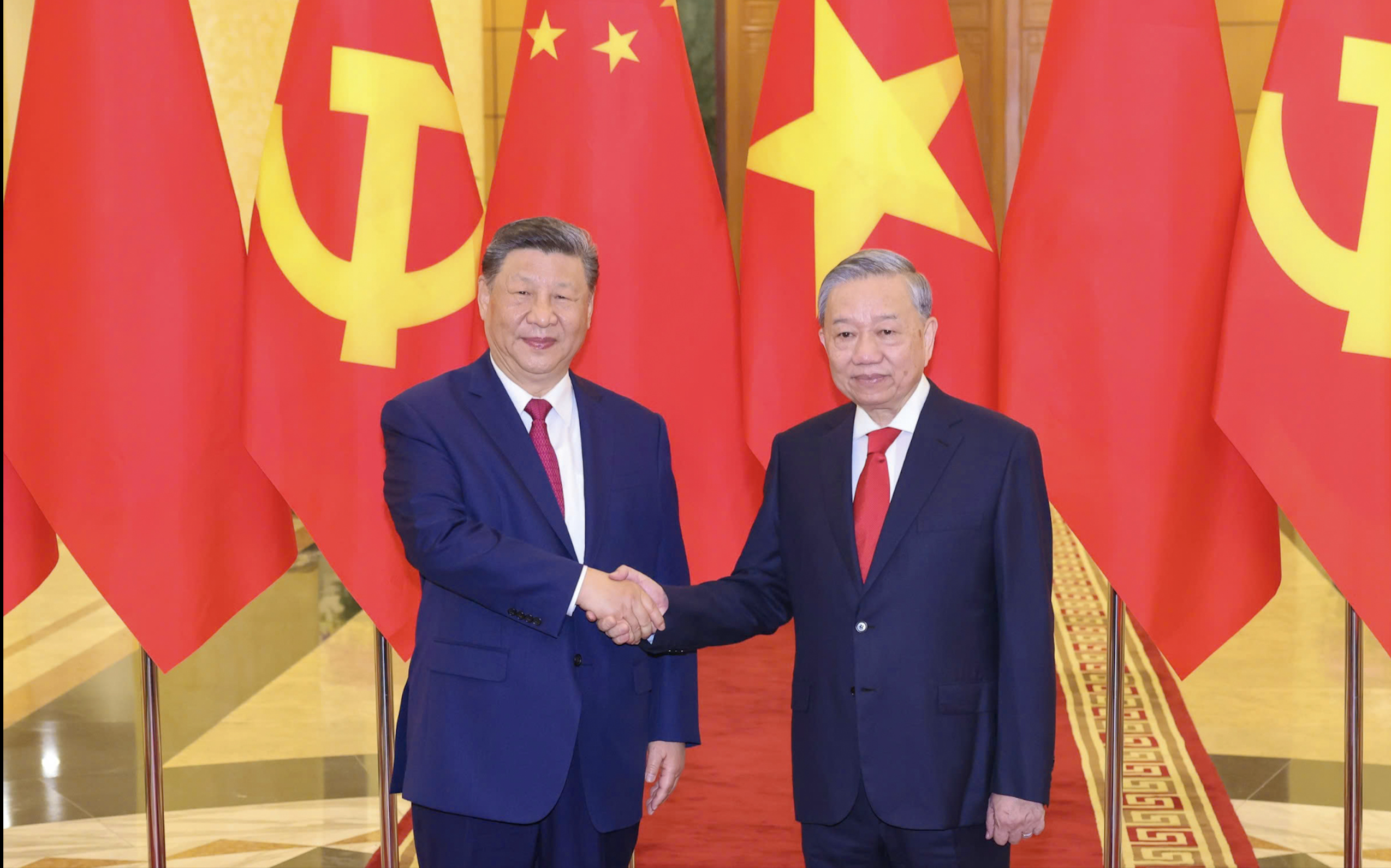

![[Photo] General Secretary To Lam holds talks with General Secretary and President of China Xi Jinping](https://vstatic.vietnam.vn/vietnam/resource/IMAGE/2025/4/14/b3d07714dc6b4831833b48e0385d75c1)
![[Photo] Prime Minister Pham Minh Chinh meets with General Secretary and President of China Xi Jinping](https://vstatic.vietnam.vn/vietnam/resource/IMAGE/2025/4/14/893f1141468a49e29fb42607a670b174)
![[Photo] Reception to welcome General Secretary and President of China Xi Jinping](https://vstatic.vietnam.vn/vietnam/resource/IMAGE/2025/4/14/9afa04a20e6441ca971f6f6b0c904ec2)



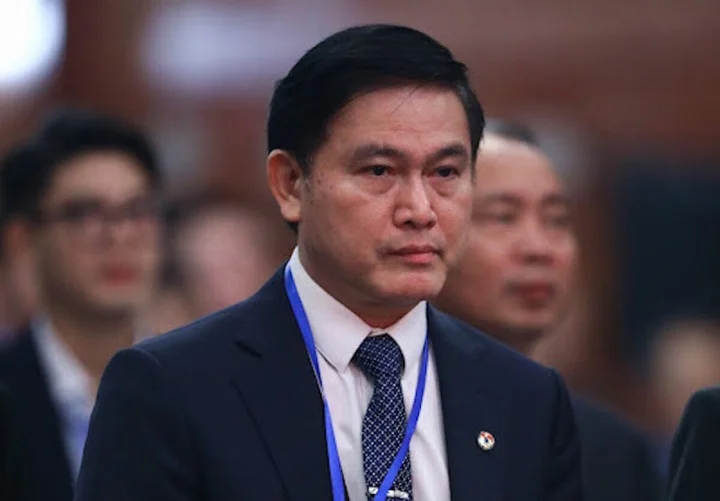



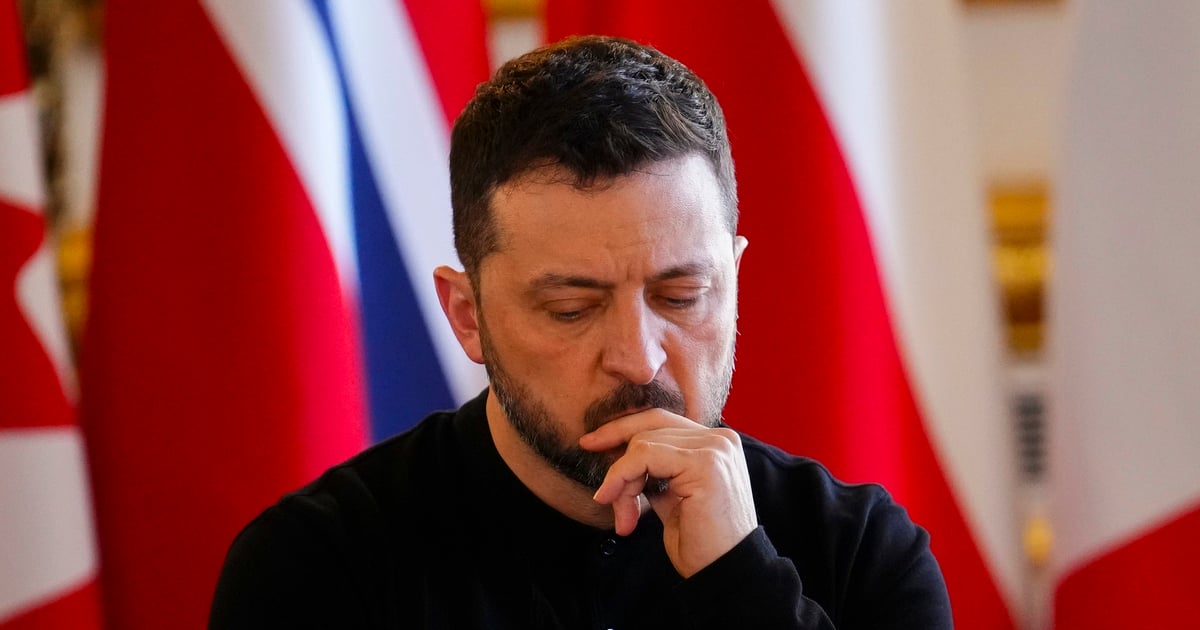
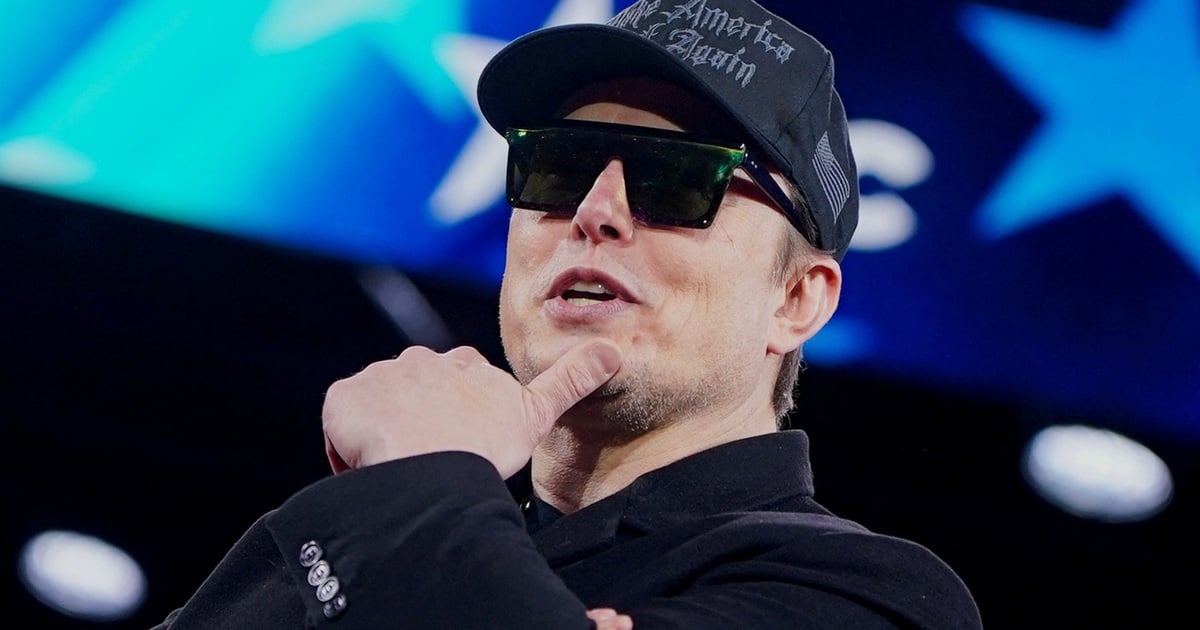

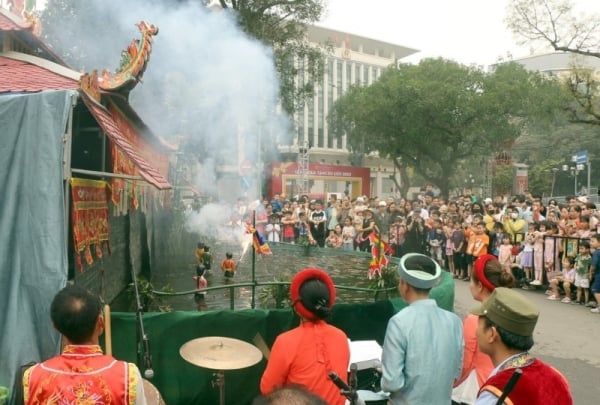
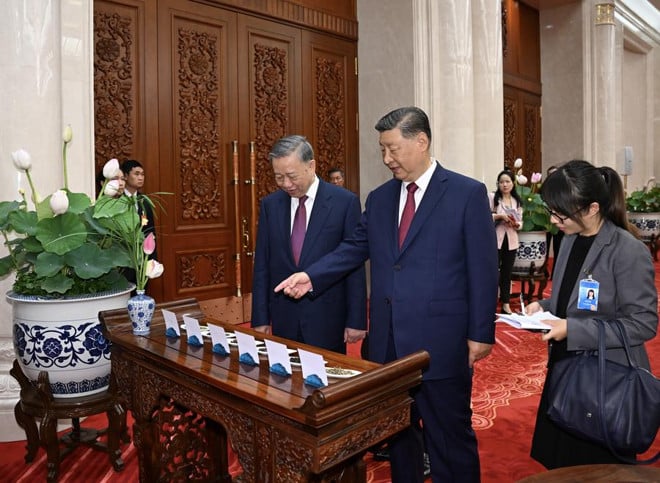

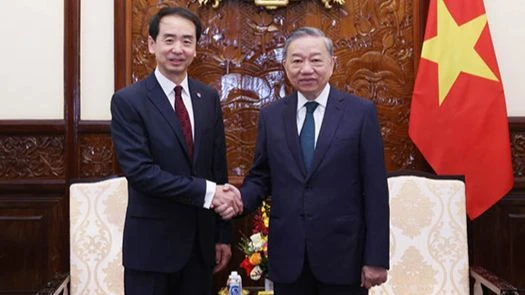
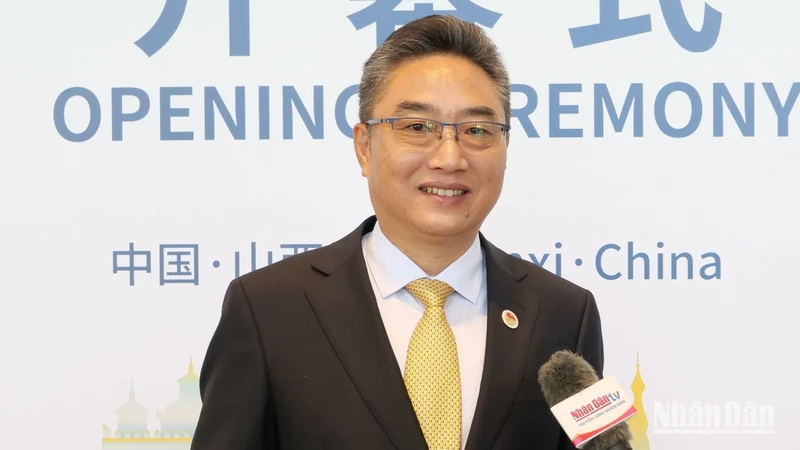








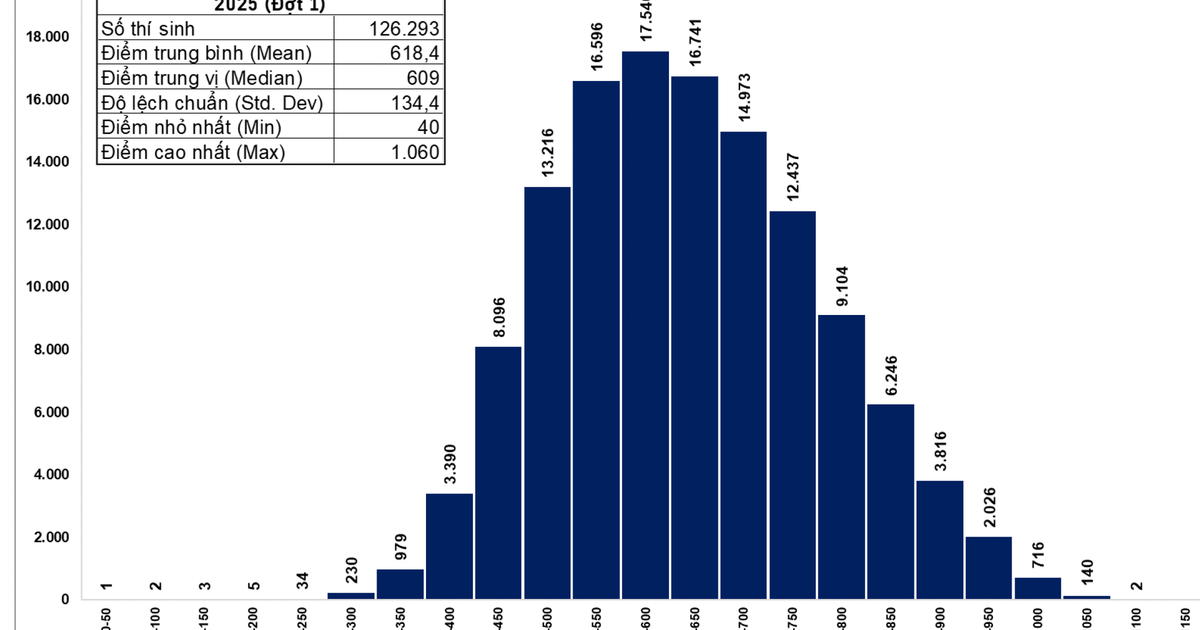















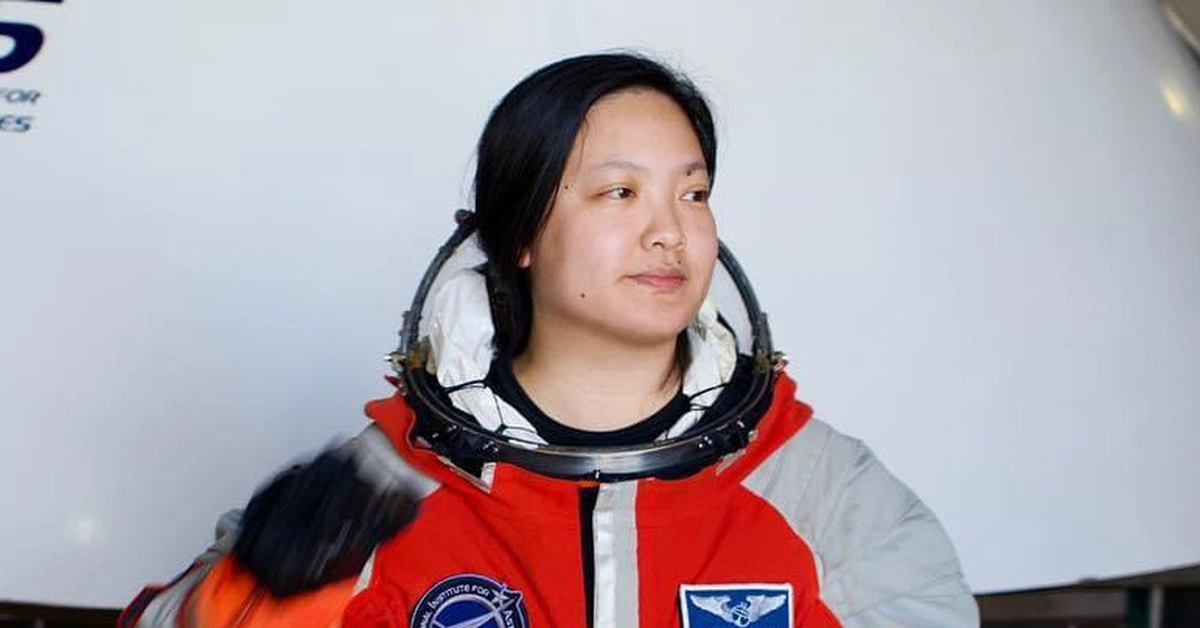
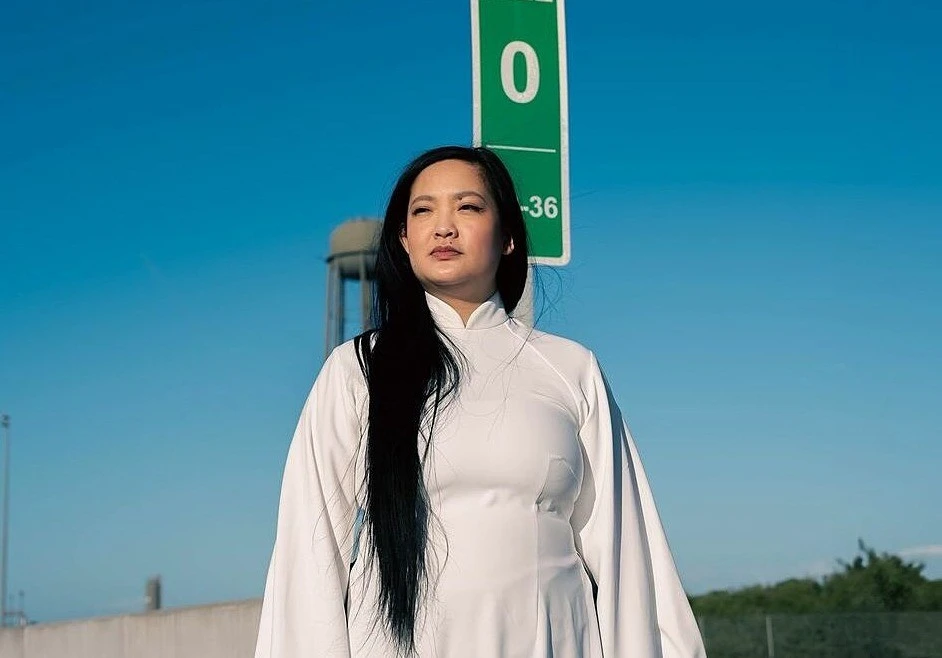
















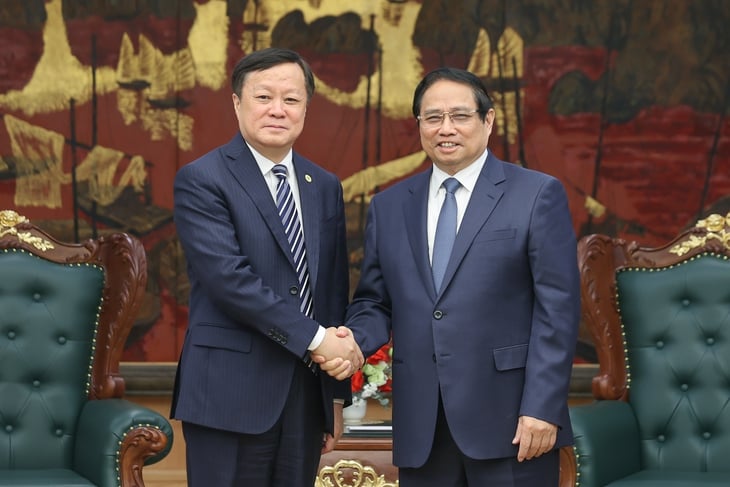
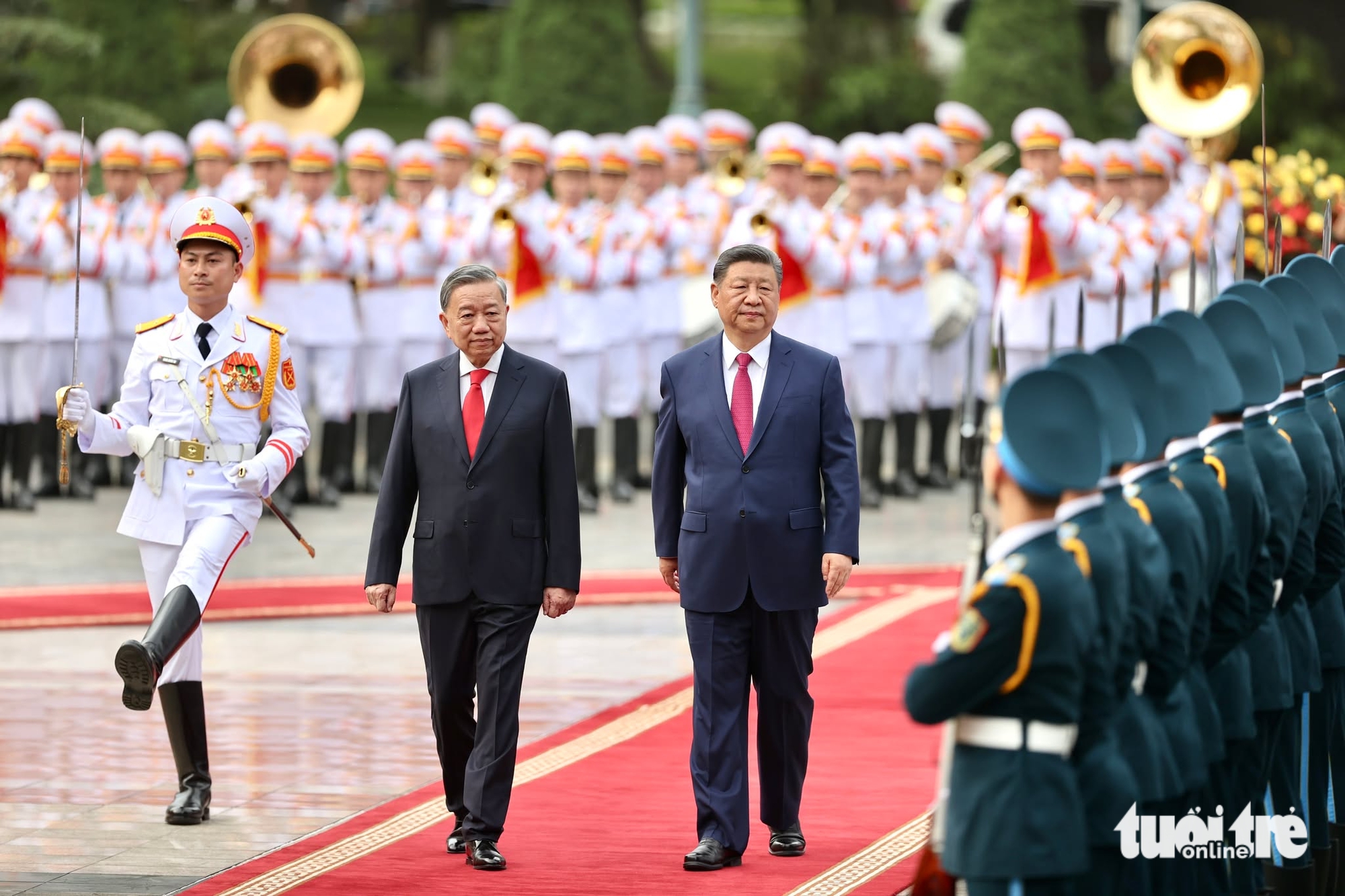
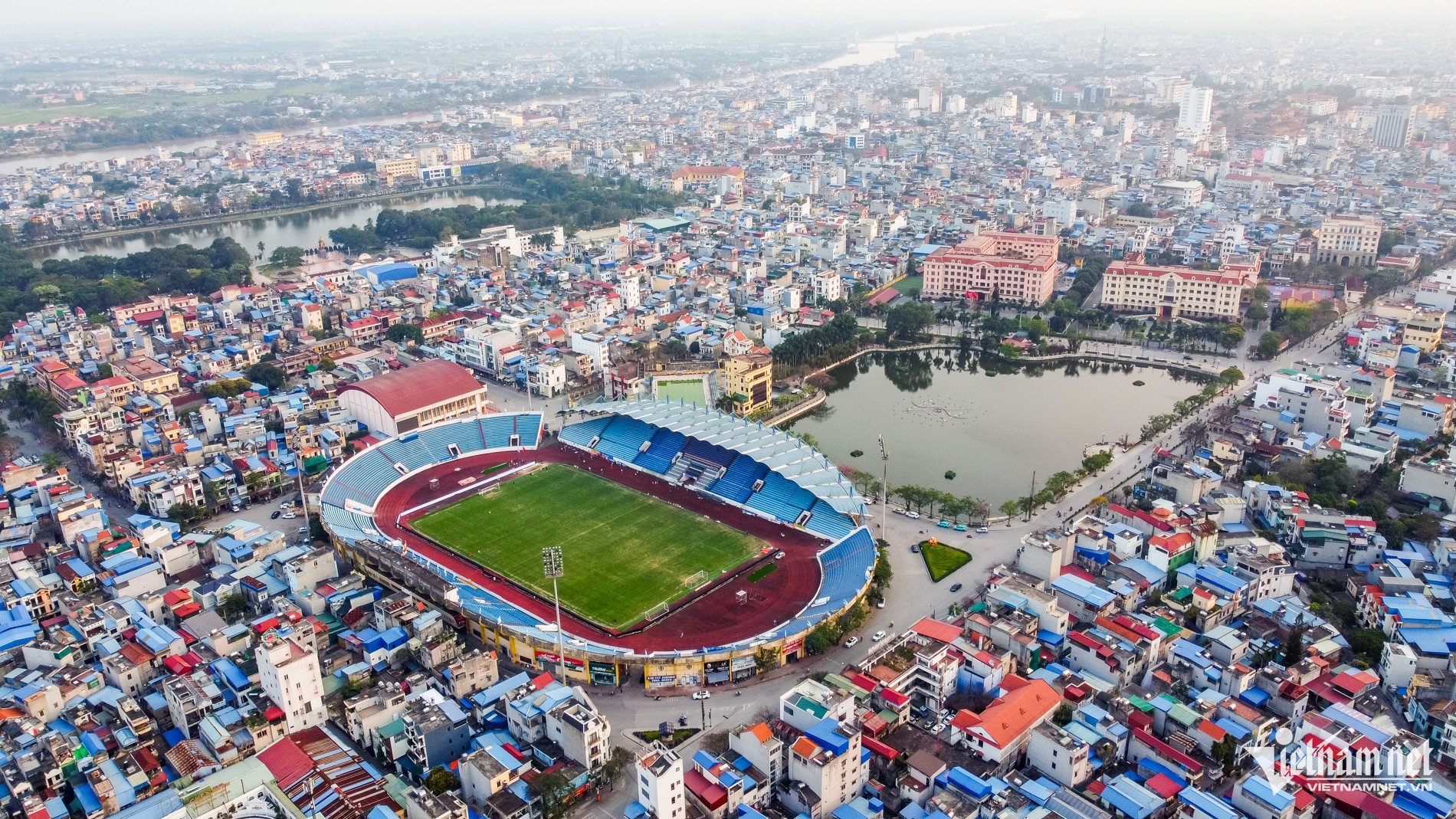
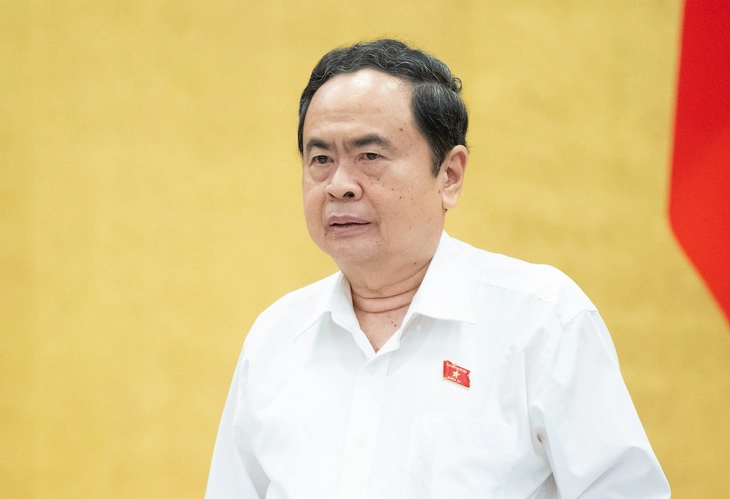


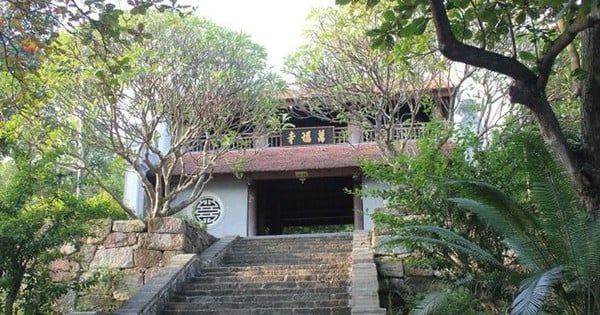
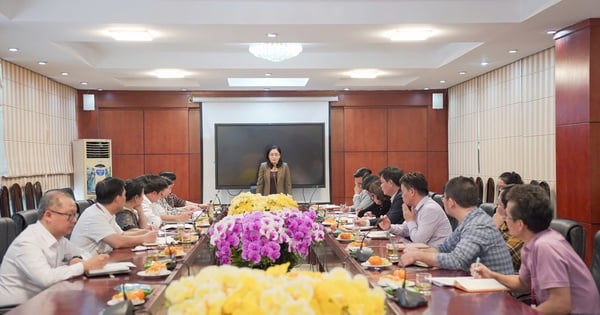
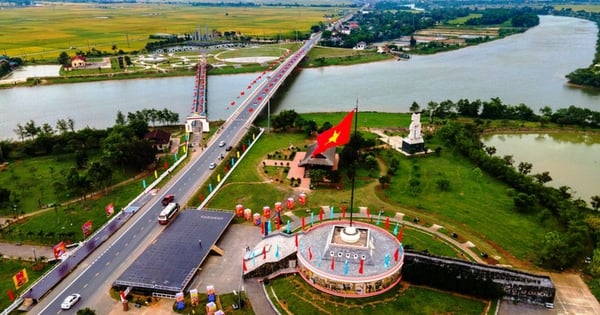



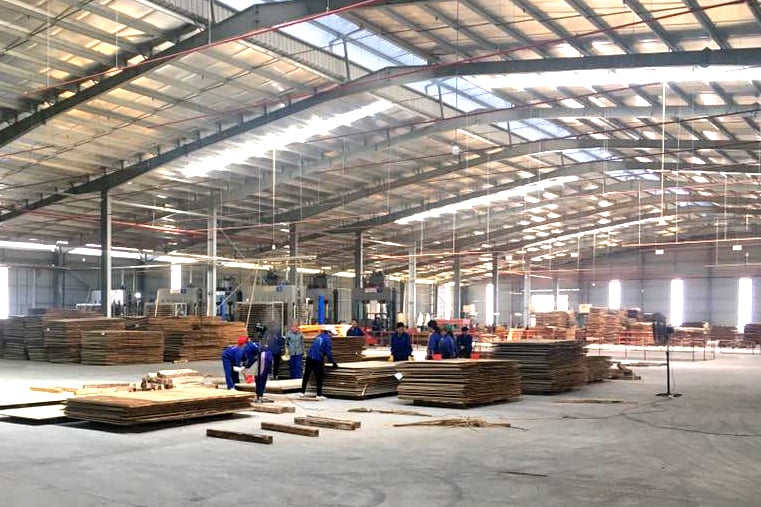

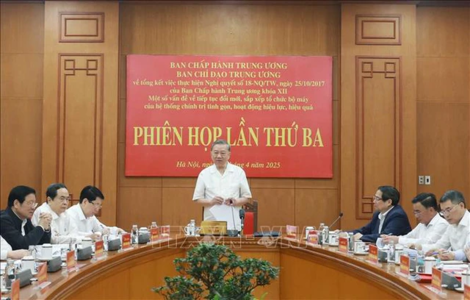
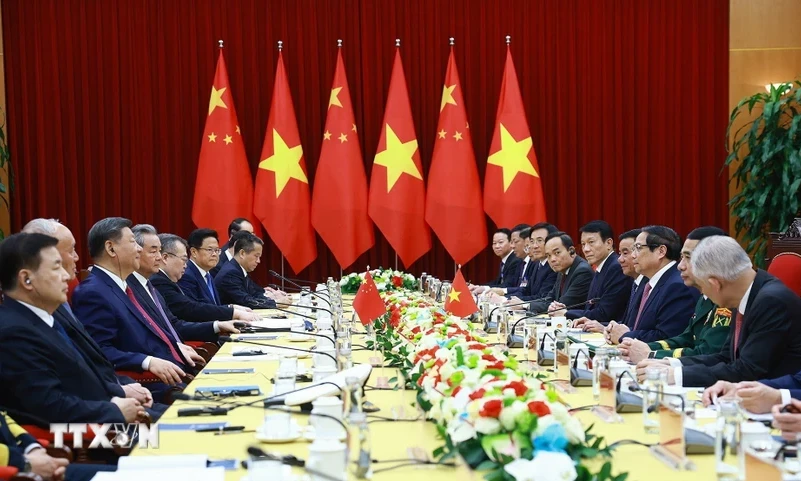
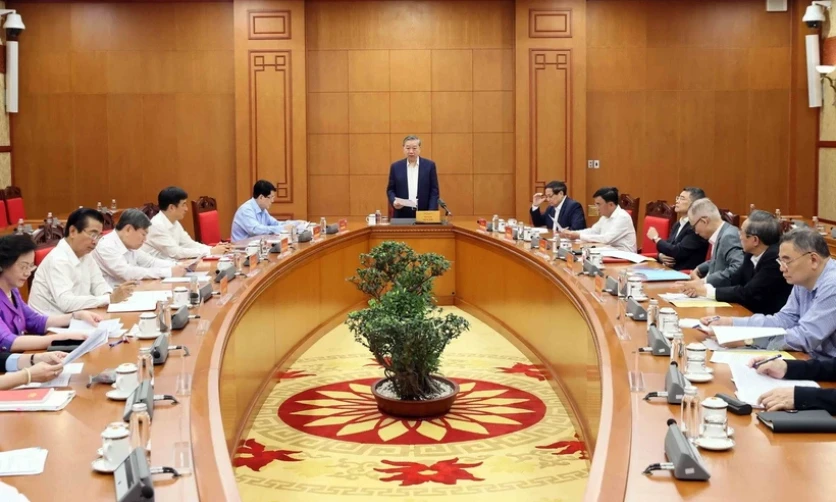











Comment (0)